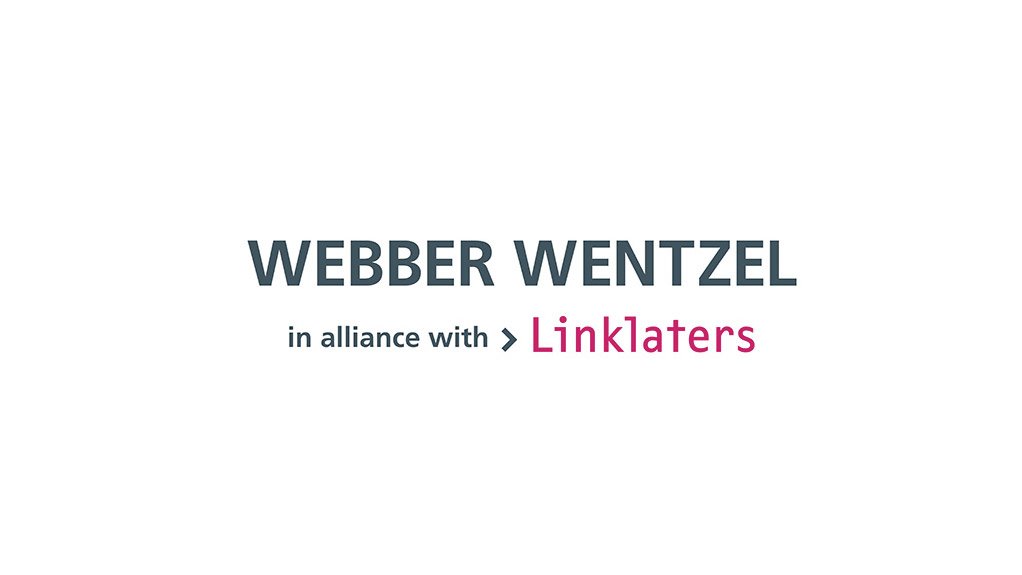Businesses that generate their work primarily through government tenders will need to look closely at the draft Preferential Procurement Regulations, 2016 ("the draft Regulations") published for public comment in June 2016. The draft Regulations will replace the existing Preferential Procurement Regulations, 2011.
The major impact of the draft Regulations is that they will recalibrate the balance struck in the Preferential Procurement Policy Framework Act ("the Procurement Act") between attaining value for money and promoting social policy goals and economic transformation such as developing certain targeted groups, including black owned exempted micro enterprises and small businesses.
The first major change in the draft Regulations aimed at advancing social policy objectives is to increase the threshold value of procurements subject to the 80/20 preference points system from R 1 million, to R 100 million. This means that, by far the majority of government tenders would be governed by the 80/20 points system, giving greater weight to preferences (which are points awarded based on the B-BBEE scorecard) and less weight to price. This reform is consistent with the Procurement Act.
In addition, the draft Regulations provide for compulsory sub-contracting to certain targeted groups; introduce prequalification criteria, which may include the requirement that a bidder must have a minimum B-BBEE status level in order to bid, and introduce a non-exhaustive list of objective criteria that justify awarding a tender to a tenderer other than the highest scoring tenderer. Such criteria again include awarding the tender to targeted groups and must now also be specified in advance, in the tender documents.
It is also possible more than one of these measures could be used in respect of a single tender - for instance in addition to obtaining a potential 20 points in the points system, bidders are also may be awarded a contract if they also subcontract a larger percentage of the contract to the designated groups. In this way, the additional measures could effectively increase the weight of the social and economic transformation factors beyond the 20% contemplated in the Procurement Act. Where such additional measures (beyond the mere 20 points) have the effect of increasing price - government is effectively saying that it is willing to pay more for goods and services to advance certain targeted groups, but government money will not go as far. Whether this recalibration is in accordance with the Procurement Act or not is one that will no doubt be challenged in the future, and in particular the requirement to have a minimum B-BBEE status level to qualify to bid for certain government work, which may have constitutional implications.
Untransformed businesses that rely heavily on government work are likely to find it harder to win government work under the new framework (depending on the nature of the tenders these measures are used for and how vigorously they are implemented) unless they restructure, while small black businesses will have a significant opportunity to grow.
There are some further notable changes. The price that is taken into consideration in determining the number of points that a tenderer will be awarded is referred to as the 'comparative price'. The proposed new definition of comparative price is "a price which is determined to be fair and reasonable after conducting market analysis utilising applicable price analysis techniques and taking into account the factors of a non-firm price and all unconditional discounts that may be utilised". This new definition suggests, on the one hand, that the procuring entity may have the power to amend a tenderer's price, either upwards or downwards, on the basis of 'price analysis techniques'. On the other hand, it could arguably mean that if the tenderer's price does not accord with 'the fair and reasonable price' determined by the procuring entity, its bid could be excluded from consideration as it does not constitute a 'comparative price'. This will be of major concern to tenderers as the effect is that tenderers could be compelled to agree to an amended price if they are to be awarded the tender or that meritorious tenderers could be excluded.
Disposal, sale and letting of immovable and movable government property must, in terms of the draft Regulations, follow a comprehensive tender process, similar to the procurement of goods and services. This has for some time been a grey area in the law: some organs of state followed a competitive tender process in these circumstances while others did not. This new provision provides some clarity - but the underlying question remains; does the Procurement Act govern disposals, sales and letting at all?
Written by Achmat Toefy, Megan Adderley, Sihle Manentsa, Webber Wentzel
EMAIL THIS ARTICLE SAVE THIS ARTICLE
To subscribe email subscriptions@creamermedia.co.za or click here
To advertise email advertising@creamermedia.co.za or click here











